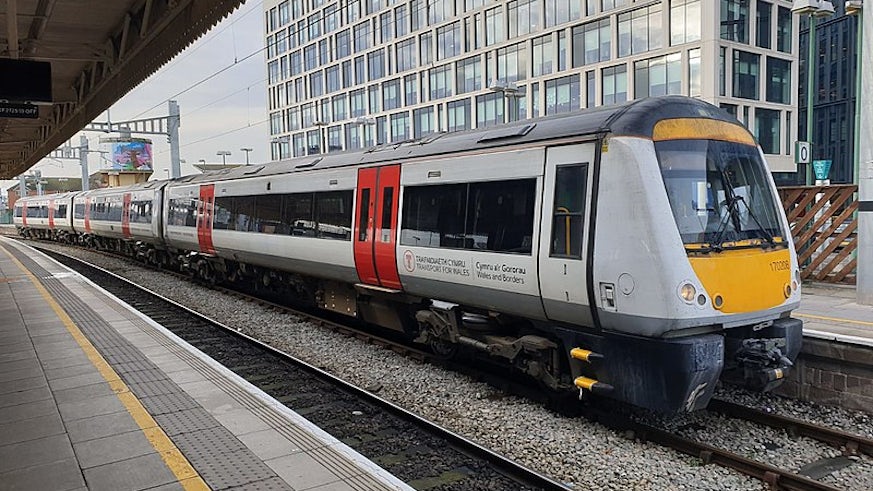‘Double whammy’ on Rail funding: £500m lost to Wales since 2011 and a future funding squeeze to come, says new report
22 March 2021

Railway infrastructure investment in Wales would have been significantly higher if it had been devolved, and failure to do so will “bake in” further losses to the Welsh budget, according to a new report from Cardiff University’s Wales Governance Centre.
The report finds that under a fully devolved system, Wales could have received an extra £514m investment in its rail infrastructure between 2011-12 and 2019-20.
As well as perpetuating underinvestment in Wales’ rail infrastructure, the researchers warn the non-devolved system will also lead to a funding squeeze on the Welsh Government’s future budget. Not only does HS2’s designation as an England and Wales project exclude Wales from receiving the additional funding that will flow to Scotland and Northern Ireland over the lifespan of the project – but the Treasury’s recent inclusion of Network Rail spending in Barnett formula calculations will cause a second squeeze on Wales funding. Because Wales is not treated in the same manner as Scotland in those calculations, the report estimates that the Welsh Government is set to lose out on another £505m over the next five years.

These amounts can be compared to the cost of several major Welsh rail infrastructure projects that have been estimated by external sources, including the Carmarthen to Aberystwyth line (£620-775 million), electrification of the North Wales Coast mainline (£764 million), and electrification of the South Wales mainline between Cardiff and Swansea (£433 million).
For the remainder of the HS2 project’s lifetime - likely to be several decades - the Welsh Government will now receive a much smaller share from any increase in the Department for Transport’s budget.
Although operations of the railway in Wales are a Welsh Government responsibility through its rail operator Transport for Wales, railway infrastructure remains the responsibility of the UK Government. The Welsh Government can spend its own resources to fund railway schemes, but because infrastructure is not devolved to Wales, it is not provided with extra resources to do this through the Barnett Formula. The end of the Structural Funds programme further limits the ability of the Welsh Government to provide top-up funding for railway infrastructure.
The report has been submitted as evidence to the Welsh Affairs Committee’s inquiry into rail infrastructure in Wales.
Wales Fiscal Analysis researcher, Guto Ifan, commented:
“When it comes to the Welsh railways, the evidence is clear that funding would have been substantially higher under a fully devolved system – to the tune of £500m since 2011, when spending data for Wales was first made available. That funding over the course of 8 years would have enabled significant improvement projects to take place.
“Wales is also set to lose out on transport funding when the Treasury next sets multi-year budgets, due to technical changes in Barnett formula calculations. This is a double whammy for Wales, with the historic under-funding being baked in to the system.
“It is now clear that only full devolution of rail infrastructure - similar to Scotland – will address the underfunding of Welsh railways.”